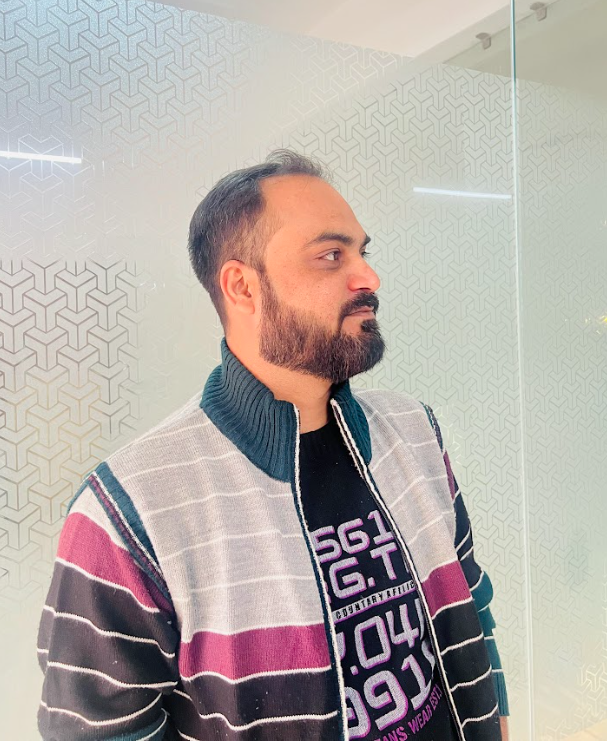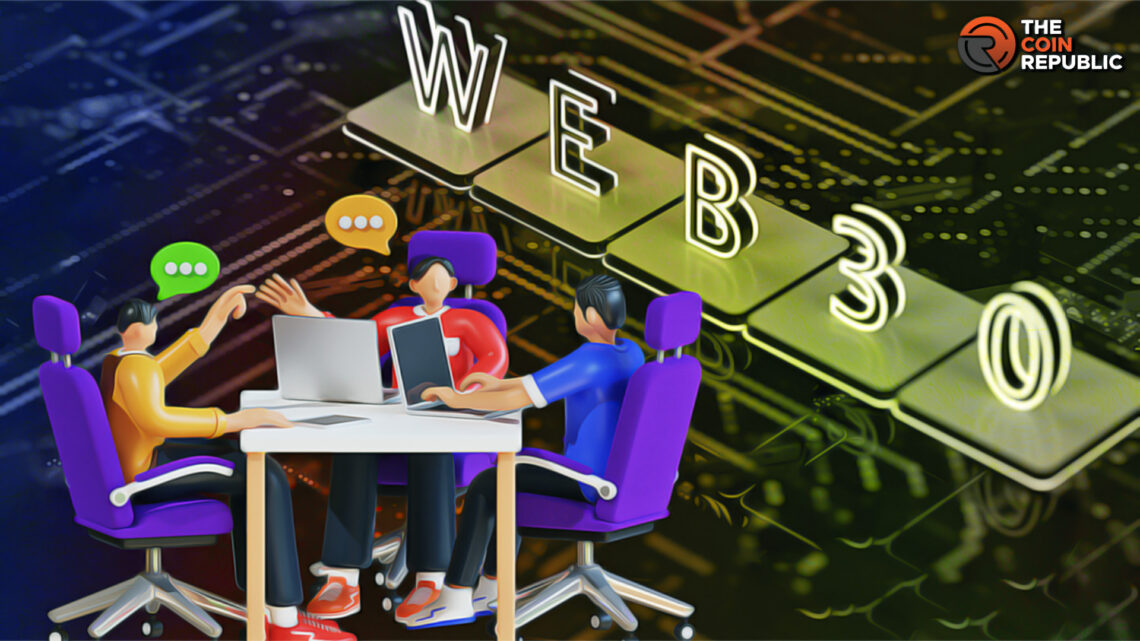- 1 With the growth of Web3, blockchain, and DeFi, there is an increase in job opportunities for tech professionals.
- 2 The growth of technology made it essential for professionals in other sectors as well to learn technology.
- 3 It is an ever-growing space, so it will keep developing new opportunities for interested workforce.
To ace a career in technology, professionals need to stay updated with the ongoing developments in their field. As a recent trend, tech professionals are putting their hands into the opportunities in the Web3 space to boost the growth of their careers.
In Web3, users themselves control data and drive platforms, so this can unlock diverse career paths in fields ranging from social media to finance. The professionals working in cryptography, consensus protocols, and P2P networking expertise can actively drive Web3’s expansion.
This article explores the 10 key roles and opportunities in the web3 space that will require specific skills to achieve career goals
Opportunities in Web3 for Tech Professionals
Jobs in the Web3 space reveal many opportunities and diverse career paths. Now, the jobs are limited to just Web3 developers.
The decentralized revolution is exhibiting a varied range of roles, which offers a chance to boost career growth. These roles include blockchain architects, DAO designers, NFT creators, and many more. These roles will shape the future of tech.
Blockchain developer
Blockchain developers can pioneer digital transformation across industries. Their code acts as the foundation for decentralized applications to resolve complex real-world problems related to trust, efficiency, and transparency.
Users will leverage their cryptography, consensus protocols, and network security expertise to create solutions that are designed especially for clients’ diverse needs.
For example, it can make a supply chain tracking system free from faults or an unbiased identity management platform to protect personal data privacy.
There is less evidence as of now, but there will be various possibilities soon. The work of blockchain developers could extend to innovation in sectors such as healthcare and finance. In healthcare, it will secure patient records, and in finance, it can streamline transactions and reduce fraud.
Solidity Smart Contract Developer
If a developer is interested in working at the core of web3 technology, he can consider becoming a Solidity smart contract developer. Solidity is a programming language for writing self-executing contracts on Ethereum and other blockchain platforms.
Solidity developers code the logic and rules that enable transactions and complex interactions between parties without middlemen. It involves expertise in dApss and understanding the uniqueness of coding for blockchain environments.
Developers’ backgrounds should include test-driven and object-oriented development since writing smart contracts without possible bugs is important, given their transparent and immutable nature on public blockchains.
There are several critical responsibilities for Solidity developers. These responsibilities include designing the architecture for efficiency and scalability, implementing smart contracts core logic and libraries, and implementing best security practices such as threat modeling.
Moreover, they are tasked with rigorous testing of these contracts using simulations and audit tools to ensure robustness and reliability.
DeFi Strategist
They define new and innovative financial products on blockchain platforms. They utilize expertise in finance and emerging crypto-economies. These professionals need to be well-versed in financial markets, decentralized ledger models, smart contract programming, and tokenization.
The key responsibilities of strategists are creating vision and goals for DeFi projects, analyzing blockchain data to spot opportunities, and collaborating with developers to develop transparent, accessible financial products.
UI/UX designers and back-end and front-end developers
They need to have highly transferable skills. A UI/UX designer needs to closely collaborate with developers to create intuitive dApps and ensure complex Web3 technologies have mainstream user appeal and adoption.
Front-end and back-end developers can apply their existing expertise to craft distributed ledgers, smart contracts, minting applications, and other blockchain-based software.
Front-end web3 work focuses on the creation of appealing client-side experiences in partnership with UI/UX counterparts. Therefore, core languages carry over from web2 work in applying specialized blockchain knowledge.
User experience and engineering roles thus have tremendous flexibility for entering the expanding Web3 job market.
DevOps Engineer
They offer critical infrastructure support roles for those interested in web3 careers aside from coding. It includes tracking performance metrics, managing the deployment of system upgrades, and ensuring uptime and availability through consistent testing.
Moreover, it supports continuous integration and continuous delivery workflows.
Cryptographic Engineers
A cryptographic engineer focuses on cryptographic solutions that maintain security and integrity. It requires extensive cryptography knowledge across encryption algorithms, hash functions, and digital signatures.
They ensure tamper-proof private transactions, building trust in blockchain systems.
Full-stack developer
It is a versatile role that integrates both front-end and back-end blockchain technologies with traditional web development skills. It will require vast experience across the Web3 technology stack, such as blockchains, solidity smart contracts, and data query layers like The Graph.
They also incorporate databases, APIs, and deployment frameworks to enable seamless transfer of information among decentralized application layers.
Blockchain security specialist
With the increase in cybersecurity threats, the role of blockchain security specialists plays an increasing role in safeguarding blockchain infrastructure and projects. The role involves identifying vulnerabilities in smart contracts and decentralized apps.
Smart Contract Auditor
They analyze code logic and architecture choices in self-enforcing blockchain agreements. With decentralization, it will expand across finance, logistics, and healthcare. Their security expertise helps enforce increased accountability.
With the growth of Web3, qualified auditors play an important role in preventing crippling legal and technical risks. It develops a way for mainstream decentralized application adoption.
dApp Developer
They design client-facing software that supports real-world use cases of public blockchain networks. They combine user interface knowledge with back-end skills to create products like decentralized trading platforms, games, and social apps.
Conclusion: Tech Professionals in Web3
The Web3 space will provide several dynamic opportunities for tech professionals to grow their careers. Tech professionals need to analyze all the available opportunities before landing on any particular option.
They should choose career options for which they have an interest and the required skills, and they also need to be ready to keep developing their skills to keep pace with the growth of technology.
FAQs
What skills are essential to building a career in Web 3?
It needs to have knowledge of programming in languages like Solidity, blockchain architecture, and decentralized systems.
What is most important for having a stable career in Web3?
The professionals need to keep learning new skills with the evolution of the field.
What are the sectors that are likely to implement Web3?
The healthcare and financial sectors will have applications shortly.

Steefan George is a crypto and blockchain enthusiast, with a remarkable grasp on market and technology. Having a graduate degree in computer science and an MBA in BFSI, he is an excellent technology writer at The Coin Republic. He is passionate about getting a billion of the human population onto Web3. His principle is to write like “explaining to a 6-year old”, so that a layman can learn the potential of, and get benefitted from this revolutionary technology.


 Home
Home News
News










